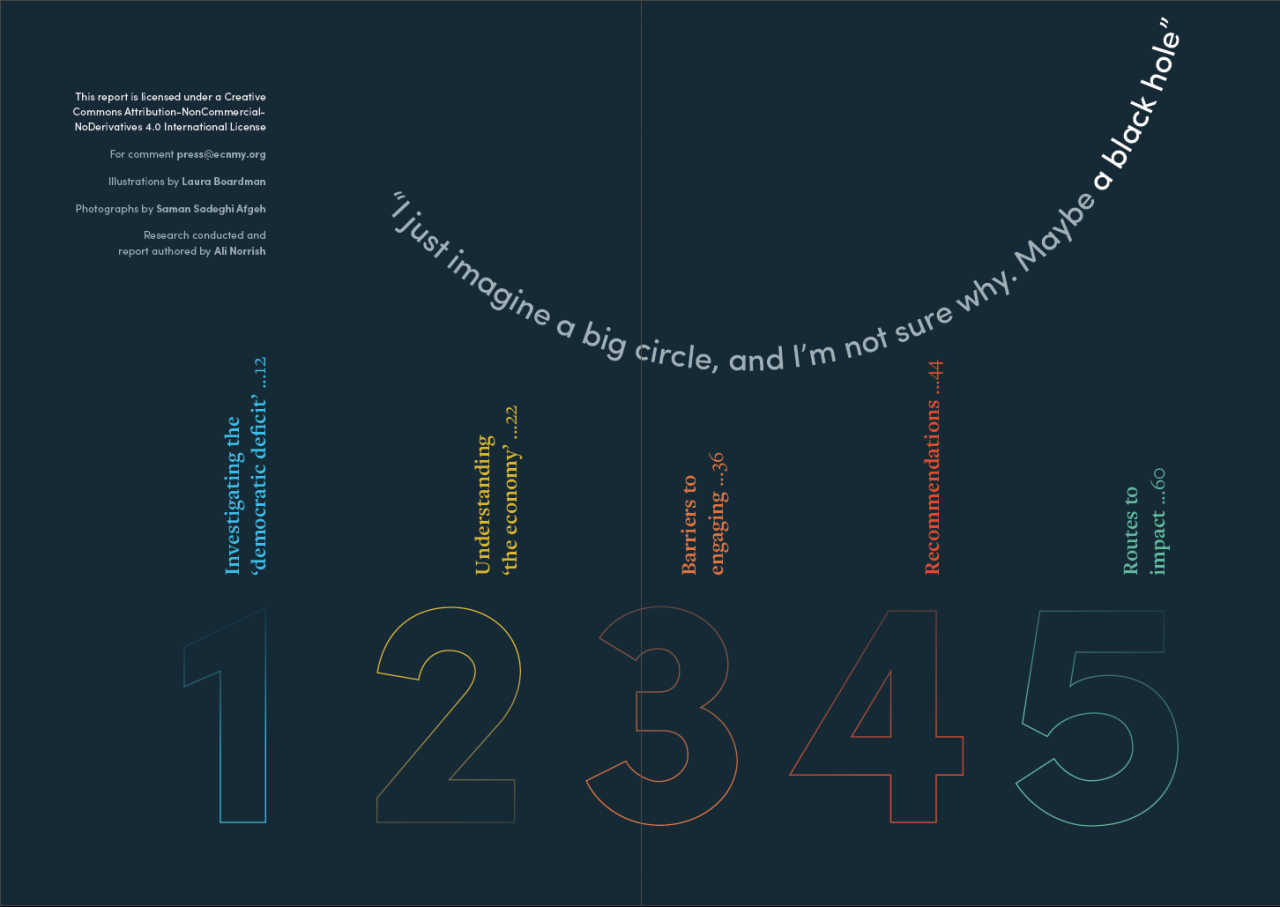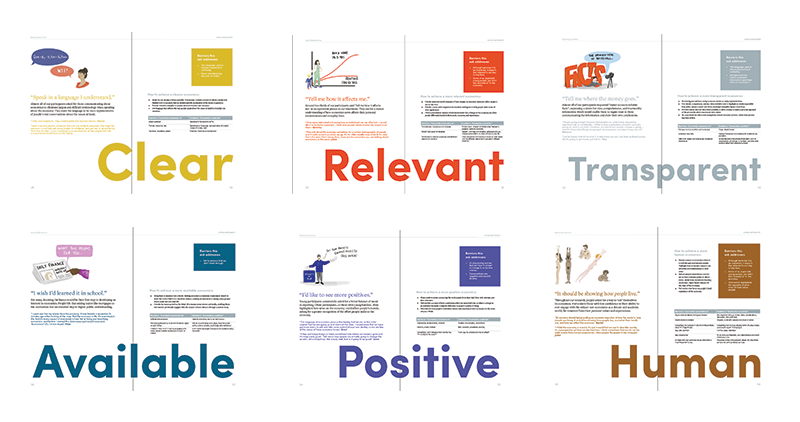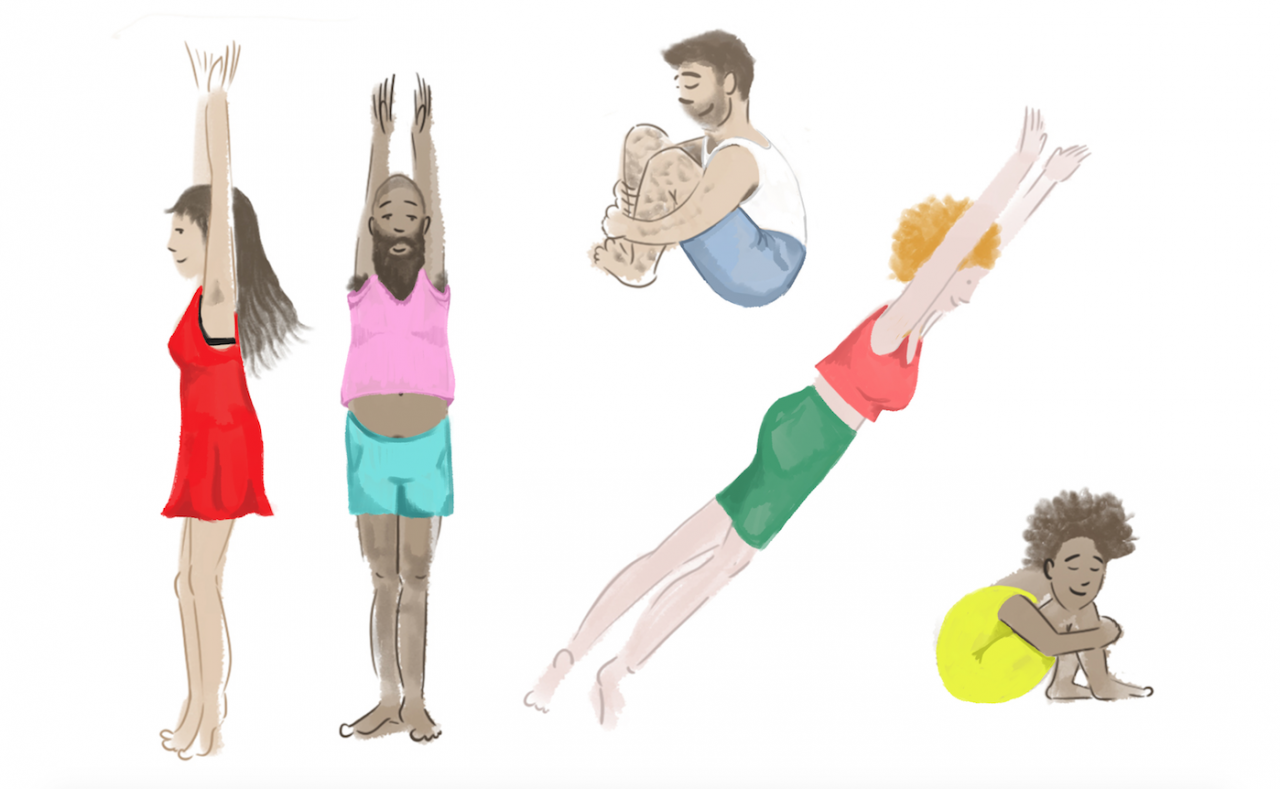Ask an adult to define the economy. Most will wince, some will sigh, almost none will give you a confident answer. We’ve heard everything from “a blob sitting in government,” to “a distant, abstract force that controls us, but we can’t control,” to “a circle – but I don’t know what’s in it.”
Ask a group of 10-year-olds unlikely to have ever said the word ‘economics’ before whether it costs more than a penny to make a penny. Introduce them to the idea of ‘labour costs’, ‘inflation’, ‘manufacturing’, ‘money creation’, and you’re likely to be surprised by the enthusiasm with which they debate the subject, recognising how powerful it is and how much it affects the world around them.
We've spoken to over 5,000 people about how they feel about economics, and we've captured our findings in our latest research report Exploring How People Feel About Economics.
“Just as important as what we say about economics is how it is said: this shapes who can engage with the conversation ”

Our latest report puts people’s emotional experience of communication around the economy under the spotlight as we investigate the extent to which we have economic literacy as individuals. It presents a perspective missing from the prevailing economics narrative and suggests ways to turn the subject into a tool for people to make more confident personal choices and participate effectively in democracy.
The report is divided into five key sections
- Investigating the 'democratic deficit' - exploring the context of economic literacy and why we might have a problem for democracy
- Understanding 'the economy' - what do people think of when asked about the economy?
- Barriers to engaging - four themes uncovered in our research
- Recommendations - six recommendations for economics communication: clear, relevant, transparent, available, positive & human
- Routes to impact - what Economy is doing with other organisations to tackle the problem
The Report's Recommendations
The report recommends that in order for us to move towards economic literacy, economics communication be:
-
Clear – “Speak in a language I understand.”
-
Relevant – “Tell me how it affects me.”
-
Transparent – “Tell me where the money goes.”
-
Positive – ”I would like to see more positives in the news.”
-
Available – “I wish I’d learned it in school.”
-
Human – “It should be showing how people live.”

Other Highlights
Economic literacy is critically under-investigated. Yet research has shown that people want to know more about economics… and that they don’t trust economists to do the job for them.
-
The economy is identified as the single most influential factor in determining one’s political persuasion.
-
Yet only 12% of the general public feel that the way the subject is communicated about in the media and politics is accessible and easy to understand.
This body of research set out to explore the demand for a more understandable economics among the UK public, and the barriers to engagement with discussion on the economy.
-
Our research has identified a positive correlation between perceived economic understanding and propensity to vote. It indicates that those who self-identify as incapable of understanding economic narratives are less likely to participate in democratic processes.
-
It also demonstrates that people from more disadvantaged backgrounds feel least able to engage in conversation on economics.
‘The economy’ makes us think of all sorts of things – from money, to a circle, to a complex network. We construct mental models of it as a budget, a relative state, or simply as personal finances.
-
Our research highlighted that the vast majority of people feel disconnected from ’the economy’. They tend to perceive it as vast, distant, and too complicated to understand.
-
This links directly to a conviction that it can’t be influenced. Taking an interest in the economy or economics is pointless because we, and our limited power, are highly insignificant.
-
The word ‘economics’ was off limits to the majority of people we spoke to: very few were comfortable using it. For many, it was simply a substitute for ‘economy’.
The barriers which prevent us from engaging in economics are complex, multifaceted, and pervasive. They relate to class, power, education, self-confidence, emotion, and a sense that economics isn’t about the thing we value the most: people.
-
A large amount of economic information is seen as complicated and inaccessible.
-
We distrust what we hear and find economic news depressing.
-
We feel socially inhibited from participating in conversations around the economy.
-
‘Economics’ represents the opposite of what most of us value: people.
For us, it’s not just about people saying they ‘get’ economics a bit more. We want to fundamentally transform their relationship with the subject, from something they can’t possibly engage with, to something they find truly empowering.
Get in touch
If you'd like to speak to us about this report, please contact us at hello@ecnmy.org. Help spread the message with #DitchTheJargon.
Download the Report
Illustrations by Laura Boardman (www.outdraw.co.uk)
Report by Ali Norrish (ali.norrish@ecnmy.org)




